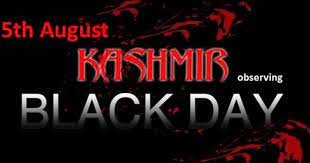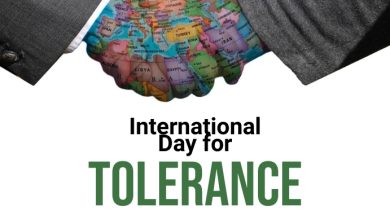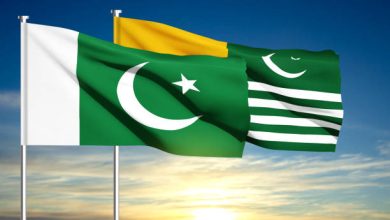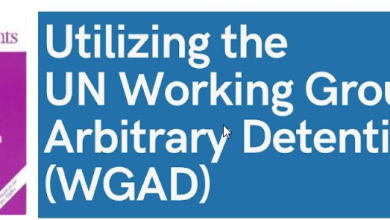
August 5, 2019 will be remembered as a watershed moment in the history of Jammu and Kashmir. On this day, the Government of India abrogated Article 370 and 35A, which had granted special autonomy to the region. The unilateral decision has been met with widespread criticism and opposition, especially within Kashmir and India and has been labeled as a black chapter of Kashmir history.
Article 370 was a constitutional provision that granted Jammu and Kashmir significant autonomy, allowing it to have its own constitution, a separate flag, and autonomy over internal matters. Article 35A allowed the Jammu and Kashmir legislature to define permanent residents of the state and provide them with special rights and privileges. The abrogation of these articles split the state into two Union Territories, Jammu and Kashmir, and Ladakh, integrated it to India, and controlled directly from the center that reduced the scope of local governance.
The immediate aftermath of this decision resulted in a heavy military presence in the disputed state, a communications blackout, and the detention of local political leaders and activists. The move was presented by the Indian government as a necessary step to ensure better integration and development of the region, but it was perceived globally as a violation of the rights and an assault on the identity of Kashmiris, described the decision as unconstitutional and a blatant violation of the rights of the people of Jammu and Kashmir, argued that the abrogation was carried out without the consent of the local populace and was a direct attack on the autonomy and their identity. The move was not only a political betrayal but also an act that undermined the trust and relationship between Jammu and Kashmir and India, called for the immediate restoration of abrogated articles and urged the international community to take cognizance of the situation and support the cause of the Kashmiri people.
The abrogation has had far-reaching implications for the region. The move has intensified the already volatile situation in Kashmir, leading to increased unrest and violence. The heavy-handed approach of Indian authorities, including curfews, lockdowns, and restrictions on communication, has further alienated the local population.
Numerous human rights organizations have raised concerns about the worst conditions in Jammu and Kashmir. Reports of arbitrary detentions, torture, extra judicial killings and a lack of basic freedoms have been widespread. The communication blackout, which lasted for several months, severely impacted the daily lives of the people, cutting them off from the rest of the world and causing significant economic and social distress.
The abrogation and subsequent lockdowns have had a crippling effect on the local economy, which is heavily dependent on tourism, agriculture, and handicrafts. The restrictions have led to significant economic losses and increased unemployment, exacerbating the hardships faced by the people of the disputed territory.
The abrogation of Article 370 and Article 35A has deepened the sense of disenfranchisement among the people of Jammu and Kashmir. Leaders like Political, Religious, Social, Bar Association,Trade Unions and others continuously called for the restoration of abrogated articles and a peaceful resolution to the conflict, argue that the future of Kashmir must be determined by its people, and any solution must respect Kashmiris aspirations and rights but they were deliberately unnoticed by Indian authorities and were detained without any trial.
The situation in Jammu and Kashmir has drawn international attention, and human rights organizations expressing concern over the latest developments in disputed territory. There have been calls for dialogue and peaceful resolution, emphasizing the need to address the legitimate grievances of the Kashmiris, but the international crime of India has been buried under the vested interests, goals and objectives of the global powers and the oppressed people of Kashmir have been entrusted to the mercy of the Indian forces.
August 5, 2019, apparently a significant turning point in the history of Jammu and Kashmir, symbolizing a drastic shift in its political landscape and ongoing disputes over its governance and autonomy, marked by controversy, conflict, and a deep sense of betrayal among the local populace. As the region continues to grapple with the consequences of the oppressive decisions, the call for justice, peace, and respect for the rights of the people of Jammu and Kashmir remains as urgent as ever.
(The writer is All Parties Hurriyat Conference Azad Jammu and Kashmir leader)








